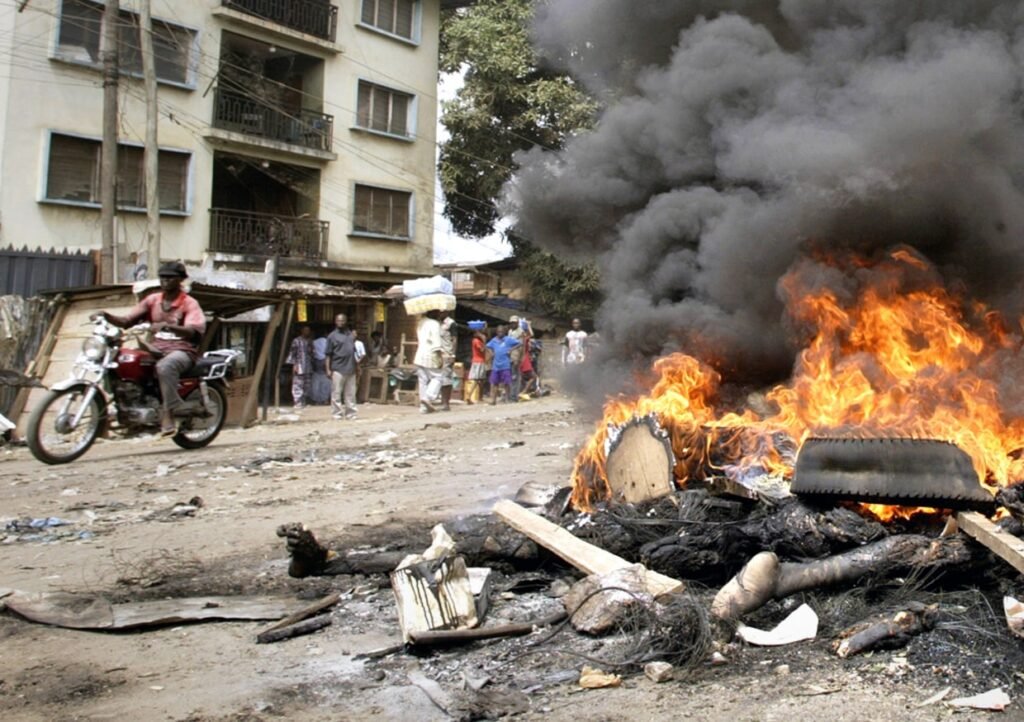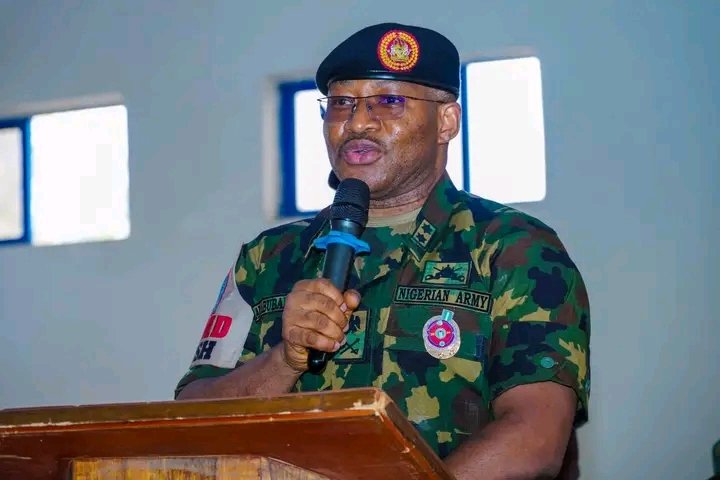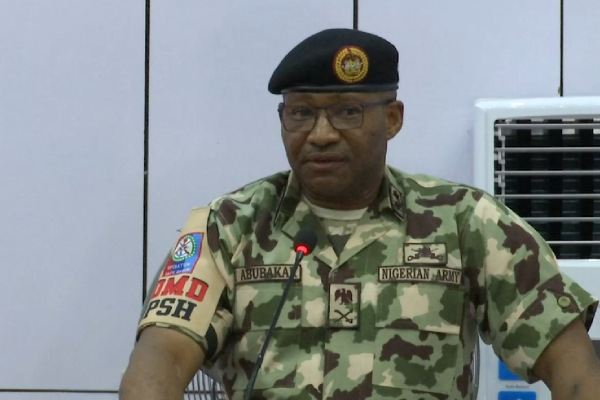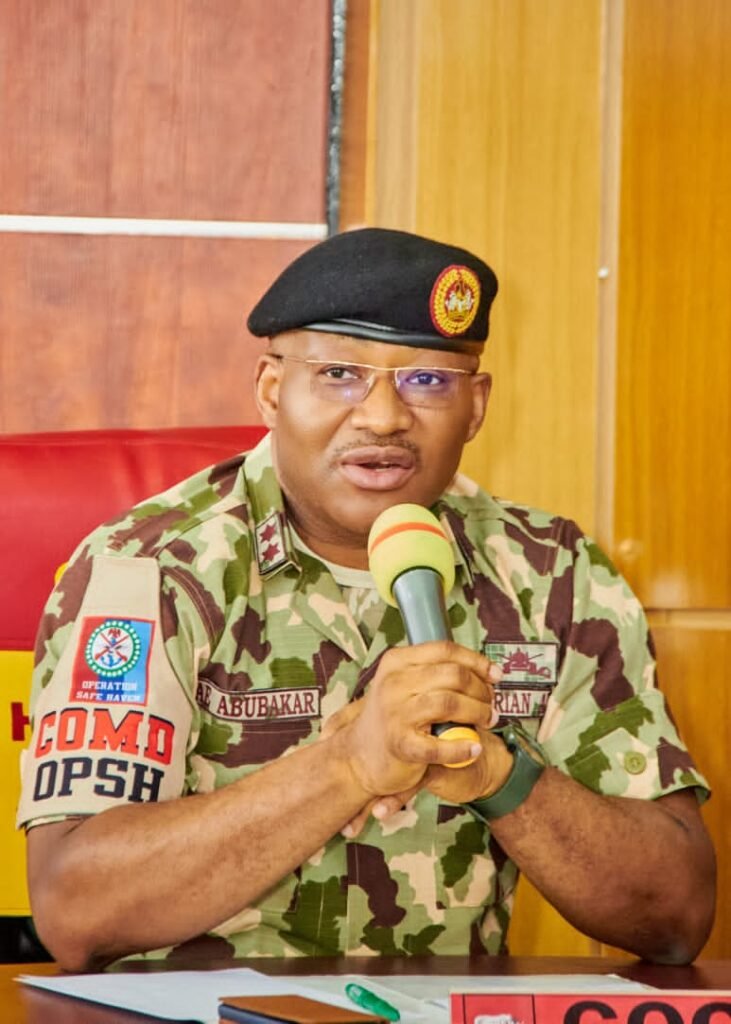FAREWELL TO A BEACON OF HOPE: MAJ. GEN. ABDULSALAM ABUBAKAR’S LEGACY OF PEACE IN PLATEAU

By: Zagazola Makama
In a poignant chapter of Plateau State’s history, the news of Major General Abdulsalam Abubakar’s redeployment as the General Officer Commanding (GOC) and Commander of Operation Safe Haven (OPSH) on a Sunday morning stirred a whirlwind of emotions among the residents. The air was thick with nostalgia and gratitude, as the community reflected on the journey from despair to hope under his steadfast leadership.

When General Abubakar took command, the Mangu local government area was engulfed in a dark cloud of violence, with brutal clashes between the Fulanis and the indigenous communities claiming countless lives. The specter of fear loomed large, casting shadows over the festive seasons that were once marked by joy and togetherness. But from the moment he assumed office, General Abubakar was determined to change the narrative. He made a bold decision to temporarily relocate the OPSH headquarters from Jos to Mangu, a strategic move aimed at tackling the relentless tide of bloodshed.

“We are not here to joke,” he asserted with unwavering resolve, rallying his troops to act decisively and with compassion. His words resonated deeply within the hearts of the people, instilling a sense of hope that had long been extinguished. General Abubakar’s presence in Mangu was not merely symbolic; it was a commitment to restoring peace and stability. He emphasized collaboration with local authorities, stating, “We will stay here until we stabilize the situation.” His dedication was palpable, as he pledged to lead his troops personally, ensuring that the violence would not escalate further.
As the weeks turned into months, the once-troubled regions began to experience a remarkable transformation. General Abubakar’s approach, which skillfully combined kinetic and non-kinetic strategies, bore fruit. Stakeholder engagements were held to foster understanding and coexistence among the diverse communities, and minimal force was employed judiciously to maintain order. The people witnessed a gradual return to normalcy, with vibrant celebrations of Christmas, Easter, Salah, and New Year taking place without the shadow of violence that had previously marked these occasions.
The sight of joyous families coming together, free from fear, was a testament to General Abubakar’s tireless efforts. He was not just a military leader; he became a beacon of hope, a symbol of resilience in the face of adversity. His tenure was marked by the recovery of arms and ammunition from criminals, showcasing the effectiveness of his strategies in restoring safety to the region.

As the announcement of his transfer echoed through the valleys and hills of Plateau State, a wave of sadness swept over the communities he had served so diligently. The people could hardly believe that the man who had brought peace and stability to their lives was leaving. General Abubakar had become a beloved figure, the only OPSH Commander to exceed the standard one-year tenure, a testament to his unwavering commitment to the peace process.
In the hearts of the residents, General Abubakar’s legacy would endure. He had not only restored peace to the troubled zones but had also rekindled the spirit of unity among the people. As they bid farewell to a leader who had fought valiantly for their safety and well-being, they held onto the hope that his efforts would continue to inspire future leaders in the quest for lasting peace.

In this bittersweet moment, the people of Plateau State reflected on the profound impact of a man who had turned the tide of violence into a story of resilience, compassion, and hope. The narrative of their lives had been rewritten, thanks to the relentless dedication of a General who had truly cared for their well-being.




















































































































































































































































































































































































































































































































































































































































































































































































































































































































































































































































































































































































































































































































































































































































































































